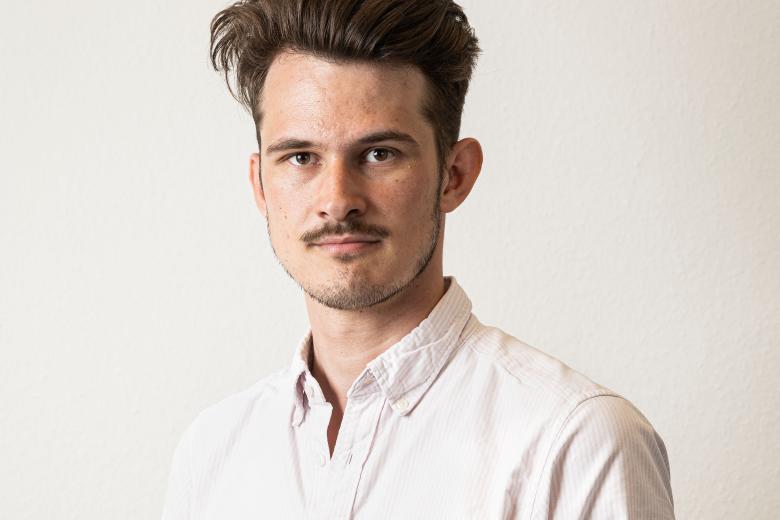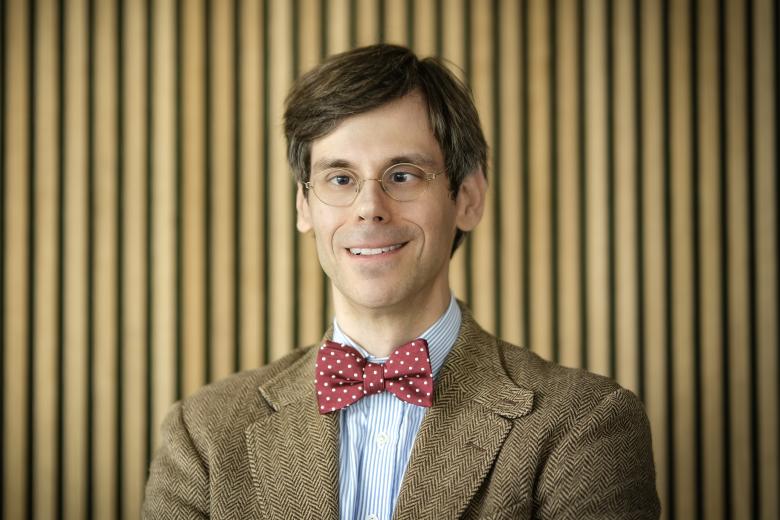Curiosity, Patience and Self-Compassion
Throughout my work in academia, I've met many who even told me in their undergraduates that they really want to pursue an academic career. I admire that. And, I always found that intimidating. Can someone really know for sure where they're going to end up, especially when it's still quite a few years further down the line and when careers in academia are notoriously difficult to plan? Why not instead try to focus on the research and teaching that you find meaningful today?
Cycling back to academia
For my part, I don't think I ever had something like a grand plan for my career. Indeed, at every point of my university studies, I've been telling everyone that I would definitely go into industry once I had obtained my degree. In this vein, I took a break from university studies after my undergraduate studies and focused on exploring what life in (student) politics, (computer science) research and a big (beauty) corporation would be like. Every time, I cycled back to academia, but I took time to explore my interests. And, I believe patience is one of the most important predispositions to pursue academia.
Another one is curiosity. It is what has been driving me much of my work. This is how I’ve ended up at the Law & Tech Lab here in Maastricht, where we try to find new ways to educate the future generation of lawyers, and produce outstanding research along the way. I’m truly grateful for the opportunity that I’ve been given here, and am trying every day to make meaningful contributions to our faculty – be it as a teacher, mentor, researcher, colleague, or friend.
Worth of a mentor
When choosing my next career step, I've always been driven by looking at the people that I might work with. It’s just easy to think of your topics or interests when choosing a thesis. Yet, if you’re not in the right environment, and with the right people, even the best topic will pale. Unless you’re some crazy genius, no one is able to do novel research purely by themselves. It is the people around us who give us the inspiration and drive to think different.
In terms of people, mentors matter in particular. For me, in primary school, it was my maths teacher who managed to incite my curiosity like hardly anyone else. In secondary school, it was my Latin teacher who showed me that not all we learn must have a specific purpose in our careers. In my undergraduate, it was my thesis supervisor who first introduced me to research, and showed me what I didn’t want to research. In graduate school, it was my advisor who encouraged me to go beyond pure computer science, and focus on the work rather than the number of publications. And now, it’s my close collaborators, here and abroad.
A piece of advice
In summer last year, I was reminded vividly of the fact that an academic career cannot really be planned – just as life in general. After long and severe illness, I lost my best friend, Connor, having just turned 30. He had had all these hopes and dreams, and talent like hardly anyone else. He was the most brilliant writer that I knew – much better than I ever will. With this gift, he toured around the globe for three years as the writer of Bruce Springsteen when he turned 18. One year, he wished to obtain his PhD, and then maybe pursue a career in politics. Yet, the circumstances were never right for him to achieve that.
So, I only have one piece of advice: find something that you believe in, and have self-compassion when things do not work out – they often don’t. And try to have fun along the way. Life is too short not to.
K.A.S. Kollnig
Konrad Kollnig works on building a more just and equitable digital economy. He particularly focuses on market power in AI and digital platforms, ethical hacking for user autonomy, privacy in mobile apps, and relevant laws. To this end, he leads the RegTech4AI project that seeks to prepare the law for the age of AI, by innovatively combining legal and technical methods.

-
What is coercion?
According to classic economic thinking—and to common sense—if two parties agree to a deal, both are made better off, otherwise they would not have agreed. This idea is also reflected in contract law, at least in its basic form, treats consent as the cornerstone of a valid contract. If both sides say...

-
New Council year, quality agreements, DEI, alumni, internationalisation & human rights
Dear members of the UM Community,
The new academic year is in full swing, and so are UM’s representative councils. The newly elected University and Faculty Councils, as well as the Service Councils, are busy considering policy proposals and having discussions with the Executive Board, Deans, and...

-
Should Employees Participate in Corporations? A Law and Economics Perspective.
When we speak of corporations, we usually think of shareholders and managers: the former provide capital, the latter make decisions. Yet, without the contributions of its employees, no corporation can survive, let alone thrive. In my PhD thesis, I answered the question of how employee participation...
